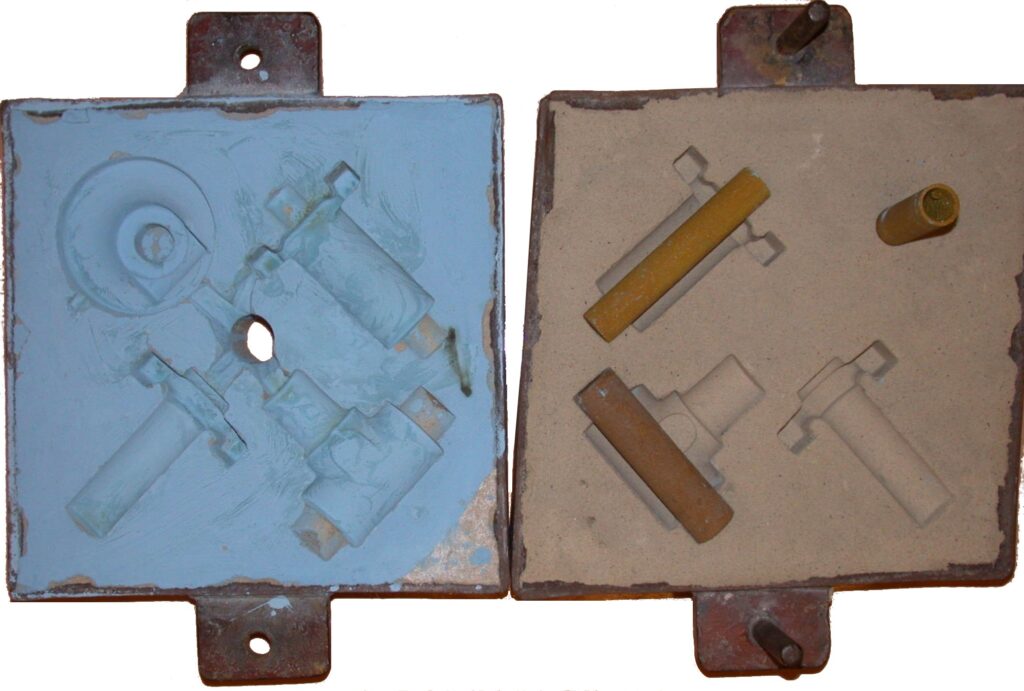EBT Filler Sand
EBT Filler Sand
Definition
Olivine EBT (Expanded Beaded Thermally) filler sand is a highly versatile material used in various applications due to its unique characteristics. This essay aims to explore the characteristics, types, and applications of Olivine EBT filler sand.

Olivine EBT filler sand is a lightweight, granular material composed of magnesian iron silicate minerals.
It is derived from olivine, a common mineral found in the Earth’s mantle. This natural composition gives Olivine EBT sand remarkable chemical and physical properties that make it suitable for different industrial applications.
Characteristics
One of the significant characteristics of Olivine EBT filler sand is its high temperature resistance.
It can withstand extreme temperatures, making it an ideal material for use in foundries and metal casting industries.
The sand’s exceptional heat conductivity helps maintain a stable mold temperature during the casting process, ensuring better casting quality.
Another essential characteristic of Olivine EBT filler sand is its refractory nature. Refractory materials have high melting points and excellent resistance to thermal shock.
Olivine EBT sand has these properties, allowing it to withstand repeated heating and cooling cycles without cracking or deteriorating. This quality is particularly advantageous in applications where rapid heating and cooling are involved, such as in metal casting and continuous casting processes.
Olivine EBT filler sand is available in different types based on its granulometry, which involves the particle size distribution of the material.
The two main types are fine-grade and coarse-grade Olivine EBT sand. Fine-grade sand has smaller particle sizes, typically ranging from 60 to 200 mesh. It is commonly used for precision casting and core-making applications that require intricate details and smooth surface finishes.
On the other hand, coarse-grade Olivine EBT sand has larger particle sizes, ranging from 20 to 60 mesh. It is preferred for heavy-duty applications like steel foundries and other high-temperature applications.
Applications of EBT Filler Sand
The applications of this material are extensive across various industries. In the foundry industry, this sand is widely used for molding and core-making processes due to its excellent thermal stability and high heat conductivity.
It helps in achieving uniform cooling and solidification of molten metals, resulting in improved casting quality.
Additionally, the sand’s spherical shape and low thermal expansion properties make it suitable for the production of precision castings with complex geometries.
Moreover, Olivine finds applications in the refractory industry. Its refractory properties make it an ideal material for manufacturing refractory bricks, crucibles, and other refractory components used in high-temperature environments.
Its resistance to thermal shock allows for the creation of refractory linings that can withstand rapid temperature changes, commonly encountered in furnaces, kilns, and boilers.
In conclusion, Olivine possesses outstanding characteristics that make it a valuable material in numerous industries.
Conclusion
Its high temperature resistance, refractory nature, and granulometry options enable its suitability for a range of applications. Whether it be in the foundry industry for casting processes or in the refractory industry for manufacturing heat-resistant components, This product continues to play a vital role in enhancing product quality and performance.


